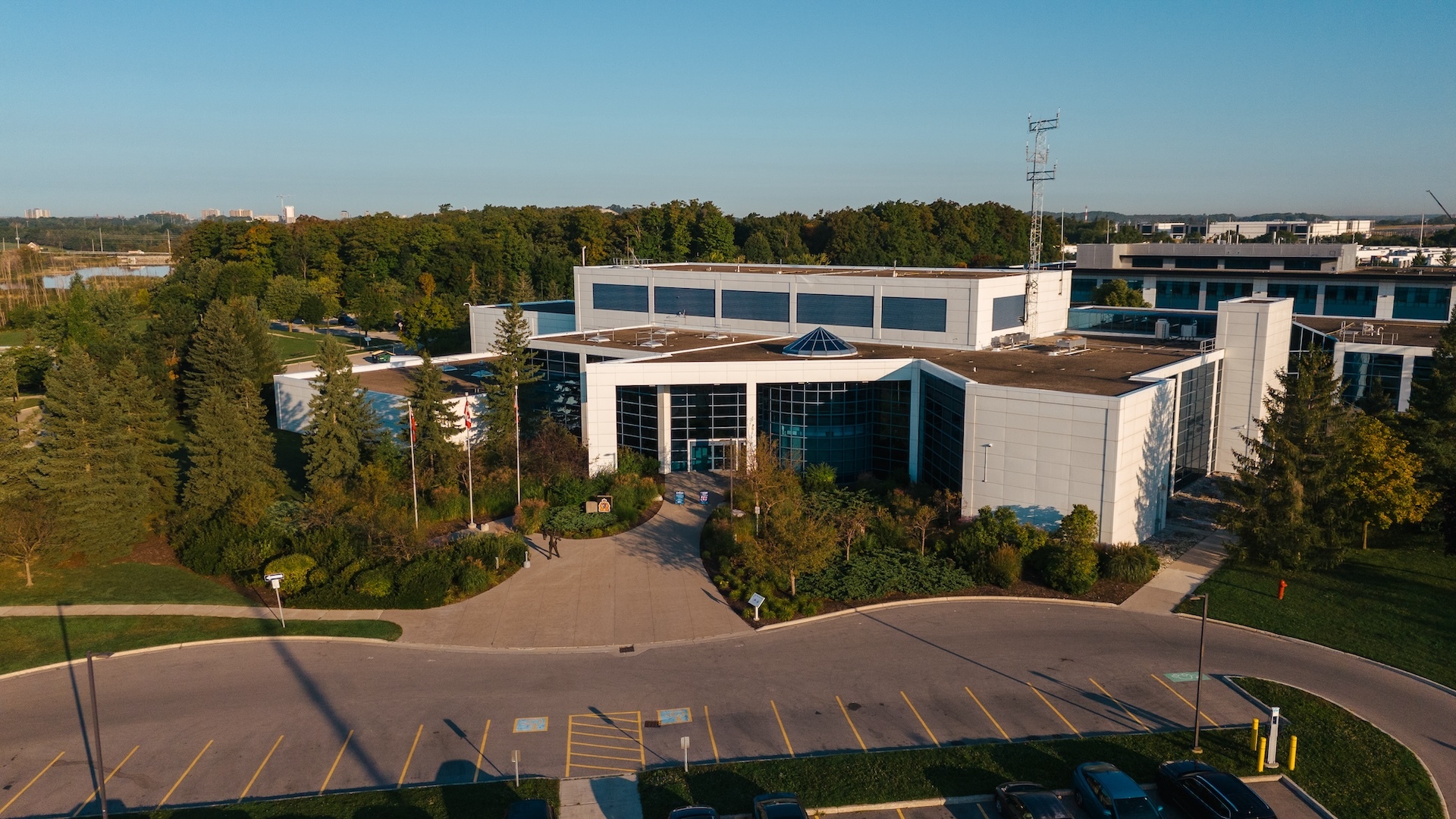Talk to your kids about drugs and alcohol. It is essential to remain open when talking to your child about drugs and alcohol. It helps to try to understand that their viewpoint may differ significantly from yours. Some tips include:
- Avoid lecturing your child; open discussions are more helpful.
- Be objective when discussing drugs and alcohol.
- Explain the pros and cons.
- Avoid exaggerating the dangers; your child may see through this and not trust your opinions.
- Listen; let your child talk and encourage them to ask questions and share their thoughts.
- Don't expect them to agree with everything you say.
General Signs of Drug Use
There are signs and indicators that may lead you to suspect your child is using drugs. Watch for them and do not be afraid to ask. If you are uncertain, talk to a doctor to get more information. General signs include:
- Changes in mood or behaviour
- Changes in friends
- Changes in sleeping patterns
- Physical signs like changes in weight or red or watery eyes
- Keeping secrets regarding their friends and where they are going
- A loss of interest in family, friends or hobbies
- Paraphernalia (rolling papers, pipes, bongs, lighters, needles, etc.)
Different substances come with varying signs of abuse. The Drug Guide for Parents produced by the Partnership for Drug-Free Kids provides a great deal of information on common substances and the associated signs and dangers.
Finally, take the time to look for signs around your house that drugs are being used. Search for things that may have been used to take drugs. Examples include dime bags, spoons with scorch marks, lighters, and syringe caps. Keep track of and count your own prescription medications.
Parents and guardians play an essential role in preventing drug and alcohol abuse. By educating children from a young age, we can prepare and empower them to make the right decisions. Some young people will experiment with or abuse alcohol and drugs.
You may not be able to prevent your child from using drugs and alcohol. If this is the case, you may wish to educate your children on being responsible and safe if they are going to experiment with substances.
Common Drug Offences
Possession
Having in possession means having in personal possession, having in possession or custody of another person or having in any place for their use or benefit. If one person of a group has something in their possession, with the knowledge and consent of other members of the group, every member of the group is deemed to have possession.
Double-Doctoring
Obtaining, or attempting to obtain, the same drugs or prescriptions from more than one doctor. Section 4(2) of the CDSA prohibits double-doctoring.
Trafficking
Traffic means to sell, administer, give, transfer, transport, send or deliver drugs controlled by the CDSA.
More Resources
Narcotics Anonymous
Drug Problem? We Can Help. We’ve been there too.
Helpline: 1-888-811-3887
https://gtascna.org
info@gtascna.org
Waterloo Region Integrated Drug Strategy
https://www.waterlooregiondrugstrategy.ca
Partnership to End Addiction
Partnership to End Addiction provides support and resources for those who battling addiction, as well as the people who support them.


